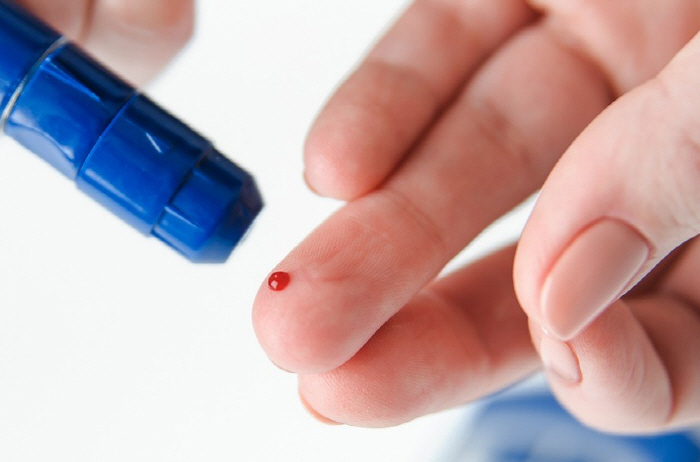Men Later Than Their Peer, Type 2 Diabetes Risk Increased 2.5 Times
May 22, 2025
|
The study, conducted by Israeli researchers, was unveiled at the first joint academic conference between the European Society of Pediatric Endocrinology (ESPE) and the European Society of Endocrinology (ESE).
Type 2 diabetes is the most common type of diabetes, caused by the body not producing enough insulin or using insulin properly. More than 90% of diabetics worldwide have type 2 diabetes, which is affected by socio-economic, environmental, and genetic factors.
In the past, it was known to occur mainly in adults over 45 years of age, but recently, it has been increasingly diagnosed in children, adolescents, and young adults.
Israeli researchers analyzed 964,108 men aged 16 to 19 who were recruited for military service from 1992 to 2015. Of those, 4307 were diagnosed with adolescent delay. The researchers followed them up until 2019, and found that men with late puberty were about 2.5 times more likely to develop type 2 diabetes in adulthood than men who experienced normal adolescent development.
These results were maintained even after considering the year of birth, nationality, socio-economic background, cognitive function, and education level. In addition, in an analysis reflecting weight, adolescents who experienced adolescent delay had a 37% higher risk of type 2 diabetes than those who did not.
Additionally, the researchers confirmed that about 140 out of every 100,000 adolescents who experienced adolescent delay were diagnosed with type 2 diabetes every year, but only about 41 out of every 100,000 adolescents without adolescent delay were diagnosed with the disease.
Professor Orrit Pinas-Hamiel of Sheba Medical Center, who led the study, emphasized that "Our study is the first large-scale study to report an association between adolescent men's delayed puberty and an increased risk of developing early type 2 diabetes.". He added that "Previous studies have suggested that adolescent delay may rather lower the risk of type 2 diabetes, but the study had a low response rate of 5.5%, and had limitations in measuring adolescence as an alternative indicator of voice change.", he explained.
He then said "Although adolescent delays are generally considered positive, this study suggests that adolescent delays are likely to be affected at certain developmental stages where the body is particularly sensitive to hormones and environmental factors.", a concept similar to how childhood plays an important role in language development or adolescence influences bone density formation", he said.
In addition, the researchers emphasized that "the results of this study confirmed that adolescence has the potential to affect long-term metabolic health, and based on this, medical follow-up is needed for early diagnosis of type 2 diabetes."
Professor Pinas-Hamiel says it is important to recognize men's adolescent delay as an early life indicator associated with increased risk of type 2 diabetes, which can be used to develop customized prevention strategies" he said.
The study was conducted by Sheba Medical Center, Tel Aviv University, Maccabi Medical Services, Israeli Defense Forces Medical Corps, Gutner Institute of Epidemiology and Health Policy, and Israeli Centers for Disease Control.
This article was translated by Naver AI translator.














